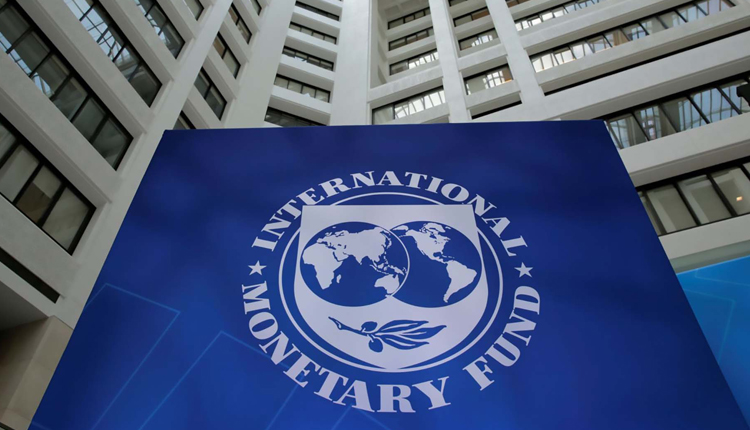The International Monetary Fund (IMF) is urging the EU to ease budgetary policy objectives for Athens that will allow the economy to recover.
In its annual assessment of the Greek economy published on Friday, the IMF called for a broader consensus over a lower primary balance for 2020. Under the current EU roadmap, Athens must achieve a primary surplus of 3,5 percent of its GDP, each year, until 2022. Currently, the eurozone average is 0,6 percent.
The Greek economy is projected to grow 2 percent this year but is burdened by the highest public debt in the eurozone as a percentage of its economic output.
Although the Greek economy has been expanding since 2017, the IMF notes that at this pace it will take another decade and a half for real per-capita incomes to reach pre-crisis levels.
Furthermore, the IMF acknowledges that Athens is facing culminating challenges, including the biggest portfolio of non-performing loans in the EU, a lack of investment, low productivity and adverse demographics.
The Greek economy is still faced with 17 percent unemployment, while thousands of working-age Greeks are leaving the country. Given the imbalance of pensioners and working-age population, the IMF is calling for pension cuts, against the governments’ intentions to restore some of the cuts suffered by pensioners during a decade of austerity measures.
On Friday, the IMF hailed the Greek government’s promising start in implementing reforms, including renewed impetus in privatization efforts and measures to reduce the burden of non-performing loans on the banking sector.
Source: New Europe
